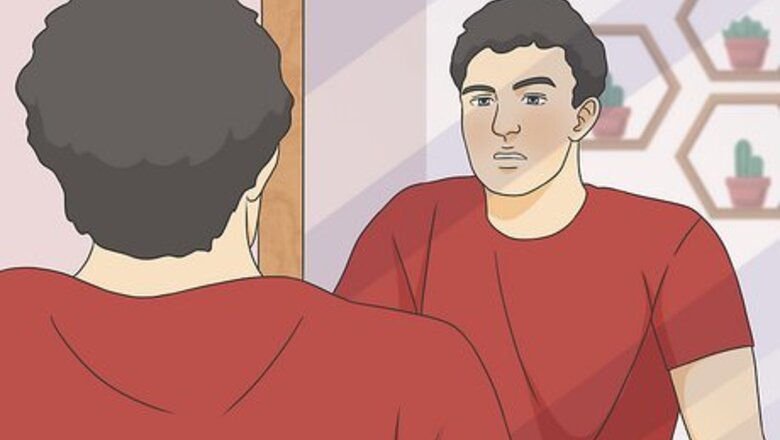
views
- Acknowledge romantic feelings when they happen, but remind yourself that you feel them often and they may not be genuine.
- Limit your time around the person you’re attracted to, and try to only interact with them in group settings.
- Spend time with close friends or immerse yourself in your hobbies and passions to distract yourself and nurture your self-worth.
Managing Romantic Feelings
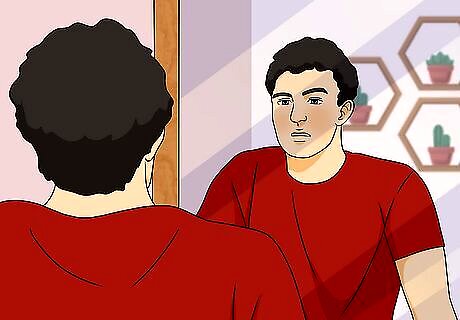
Mentally or verbally remind yourself of the issue when you feel it. Clinical psychologist Dr. Liana Georgoulis says, “Recognize when the obsessive thinking is happening and redirect your focus instead on the activity you are engaging in in the present moment.”If you feel yourself catching feelings, stop and practice mindfulness by thinking or saying, “I know I tend to fall in love too fast, and this time I’ll take it slow.” Redirecting your thinking this way helps to keep your expectations, and heart, in check.
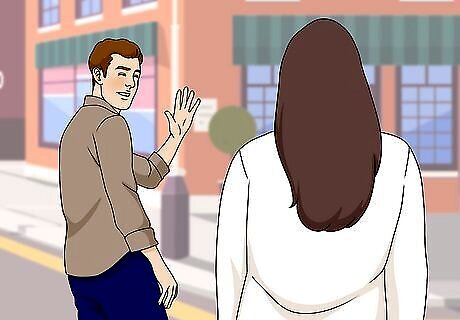
Limit your time around that person to minimize your feelings. Clinical psychologist Dr. Liana Georgoulis suggests you “set limits with yourself on how often you see and spend time with that person, [and] don’t begin to rely on them heavily for emotional support.”You don’t have to avoid them altogether, but keeping your interactions brief and in group settings can go a long way to making sure you’re not taking the express lane to love.

Distract yourself with a regular schedule or other activities. Whether you had a promising first date or a flirtatious encounter, it's normal to feel a sense of excitement. However, if you have a tendency to fall too fast, you may let that elation take over.Tamp down that elation by keeping a daily schedule. Or, focus on your hobbies, art, or other things that bring you joy, instead, to keep your mind from running away from you.
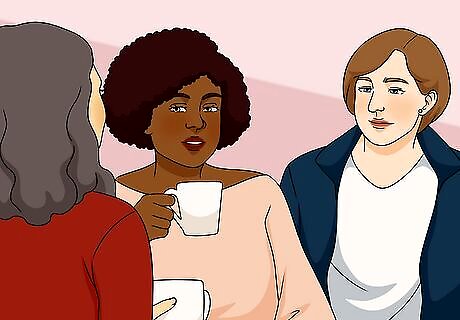
Surround yourself with supportive friends. Often, we tend to crave romance to cope with anxiety over being abandoned or forgotten, or to combat loneliness.Clinical psychologist Dr. Liana Georgoulis says to “continue to stay active socially with other people” to keep your mind off that particular person and to find that social intimacy in non-romantic contexts.You might also ask trusted friends to be honest and tell you when you're talking too much about your new love interest or going overboard, for a valuable outside perspective.

Take a dating break and analyze your own behavior. Avoid online dating sites or going out to bars or parties looking for guys for at least 6 months. During that time, ask yourself if there any negative patterns to your relationships.For example, do you usually fall in love with a certain type of guy? Do you fall in love during low points in your own life? Identifying your “romance triggers” can help you understand your own feelings.

Reorient your romantic expectations. Knowing the difference between what you want and what you need out of a relationship helps you to recognize healthy attraction versus unhealthy infatuation.Make a list of things you want out of a partner, and keep it in mind as you approach new relationships. For example, a healthy partner nurtures your own well-being, wants the best for you, and doesn’t cause you stress or anxiety just to be around.Then, ask yourself: Does a near-stranger actually fulfill these criteria?

Avoid labeling the relationship, or even thinking about labels. The early parts of a relationship are often vague and confusing while you ask yourself, “What are we?” If you're the type to fall too fast, you may push for a label after only a few dates, which can lead to premature feelings.Clinical psychologist Dr. Liana Georgoulis says, “Usually around 12-18 months, those feel-good love chemicals in our brain start to taper off and we have a clearer picture about who the person is and whether they are right for us. It’s a good sign if you can get past the 2 year mark.”Until then, stick to the word “friend,” at least until the guy makes a first move.

Remind yourself of your independence. Sometimes all you need to avoid falling in love is a reminder that you are your own person, and that you don’t need romance to “complete” you.Stay steady in your commitments to your existing friends and family, and do something that makes you feel alive and whole. Something that makes you a little nervous is best, like traveling somewhere new, training for a marathon or signing up for classes. Work on yourself, and the rest will follow!
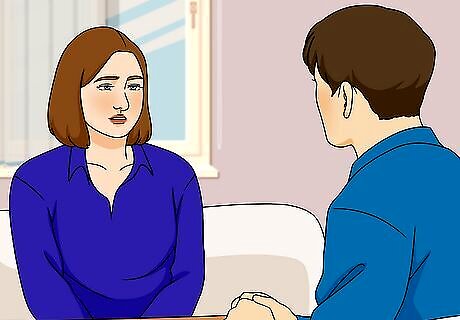
Talk to a therapist about your romantic feelings. Talking to a qualified therapist can help you identify core issues and come up with ways to remedy them. A therapist also provides a much-needed and well-informed outside perspective.Describe your feelings and why they’re a concern, and ask your therapist for personalized strategies for handling your emotions.
Reasons You Might Fall in Love So Quickly

You may have skewed expectations for romance. You may crave intimacy and commitment, which can result in losing yourself in relationships with virtual strangers.Think about your expectations: Do you think “true love” would “fix you?” Do you obsess over movies, music, and TV shows that deal with romance? Do you hold your own personal experiences to ideals you get from television?If you can, talk to someone currently in a long-term relationship about what it’s like, which can shed some much-needed light on the realities of love.
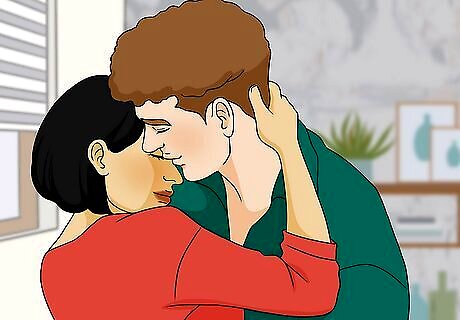
You may have a love addiction. Love, like other things, can be addicting. You might try to fill a sense of emptiness in yourself with various romantic relationships. Review the symptoms of love addiction and see if any ring true for you and your experiences: Do you tend to go from one relationship to another? Do you have trouble staying single for long? Do you take time to heal when a relationship ends, or simply move on to the next thing? Have you ever had to talk yourself into falling for someone? Have you ever dated because you wanted to feel loved? Have you ever changed many aspects of yourself for a relationship? Do you find your style, tastes, and opinions change from one person to the next?
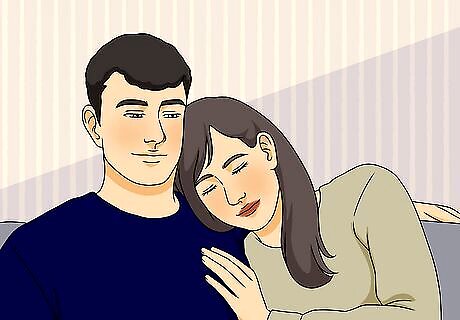
Romance might be a distraction from bigger issues. We sometimes use love, or the idea of it, to distract ourselves from our own lack of happiness or success. In these instances, “love” is simply filling a void rather than making us better people. Do some self-reflection and ask yourself if there’s some part of you that makes you unhappy, and which you’re trying to patch up with a relationship.

Your past relationships might inform your current ones. People who fall in love too fast tend to have the same types of relationships over time, and make the same mistakes. For example, you may always be the follower, or have a tendency to fall for people with big personalities and defer to their decisions.Ask yourself: Do your relationships tend to follow similar dysfunctional patterns? If this is the case, you may not be falling for people naturally, but because you need to feel in love to feel secure.
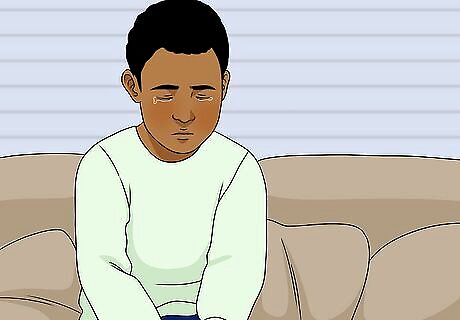
You may have childhood trauma that influences your relationships. Some people who fall in love too quickly do so due to childhood issues. Think: Was your childhood tumultuous? Were your parents not particularly present? Did one parent abandon or leave you? Our parents are often a model for our own relationships, and we may make their same mistakes.










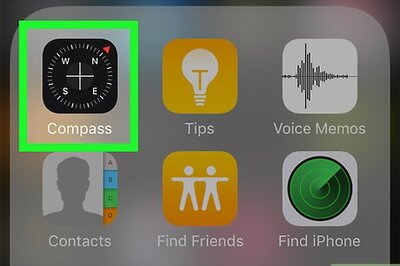

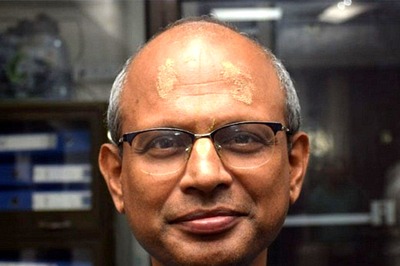


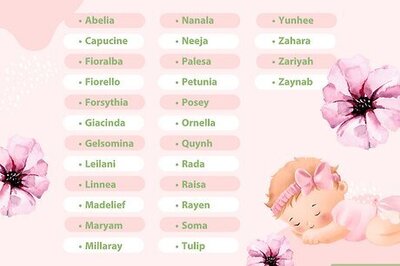
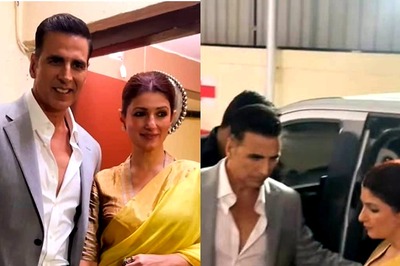

Comments
0 comment